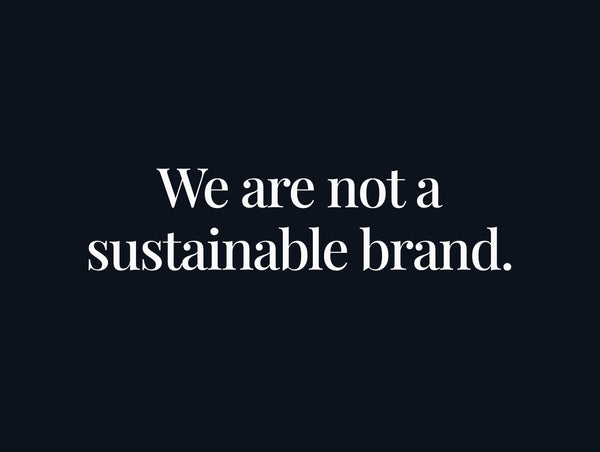
“The Tragedy of the Commons” refers to the effect self-interested behavior wreaks on a shared resource system. Unregulated resources, such as fish in the ocean, or the air we breathe, can suffer destabilizing harm when people exploit them for their own benefit without considering the health of the resource as a whole. The tragedy occurs when the cumulative effect of individuals’ use outpaces the resource’s ability to renew itself. The results, like overfishing or air pollution, spoil the resource for everyone--whether they’ve exploited it or not.
The phrase was coined by an American ecologist in the 60’s, in reference to a nineteenth-century British economist’s theorizing about cows. “The Commons” referred to the shared pastures in English villages where residents’ cattle could communally graze.
The economist postulated that people acting in their own self-interest would have incentive to let more and more cows graze in the shared pastures, thus eventually destroying the very resource that had once sustained their livestock. The ecologist saw that this concept could be applied more broadly, to subjects like overpopulation, and to natural resources of all kinds. It was a recognition that there are many “commons” we all depend on to survive, and that selfish use of them can lead to disaster.

Despite management efforts and regulation, our commons are continually under threat, often from industries that seem unrelated to the resources they put in danger. Plastics manufacturers, for example, know their products pollute natural ecosystems and never biodegrade, meaning their waste will be with us forever. Yet they continue to push for new uses for plastics, putting profits above the health of our oceans, food supply, and animal habitats.
Eventually, however, even the people who’ve profited off this process won’t be able to escape the disastrous results. The instinct to put oneself or one’s group above the health of the commons that sustain humankind has to be continually checked.
















